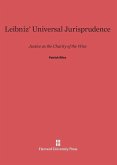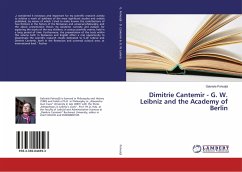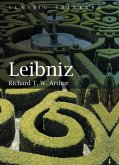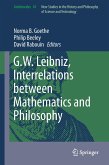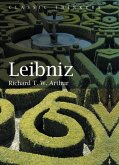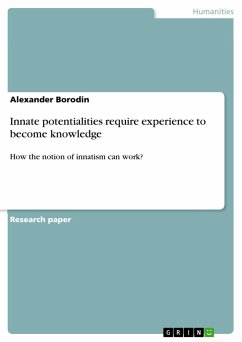The object of a universal and philosophical language is not separated in Leibniz from a project of universality, which leads him not only to set up a universal Encyclopedia and general science, but to develop the conditions of possibility which allow the realization of this encyclopedia and of this general knowledge. The universal language is thus for Leibniz a language, an idealized language where "there are no equivocations, nor amphibologies, since all that will be said intelligibly, will be said to the point". To avoid the error, to avoid the natural language in order to establish a better understanding between the men and the scientists is according to, Leibniz the ultimate end of the philosophy and the universal language.
Bitte wählen Sie Ihr Anliegen aus.
Rechnungen
Retourenschein anfordern
Bestellstatus
Storno


